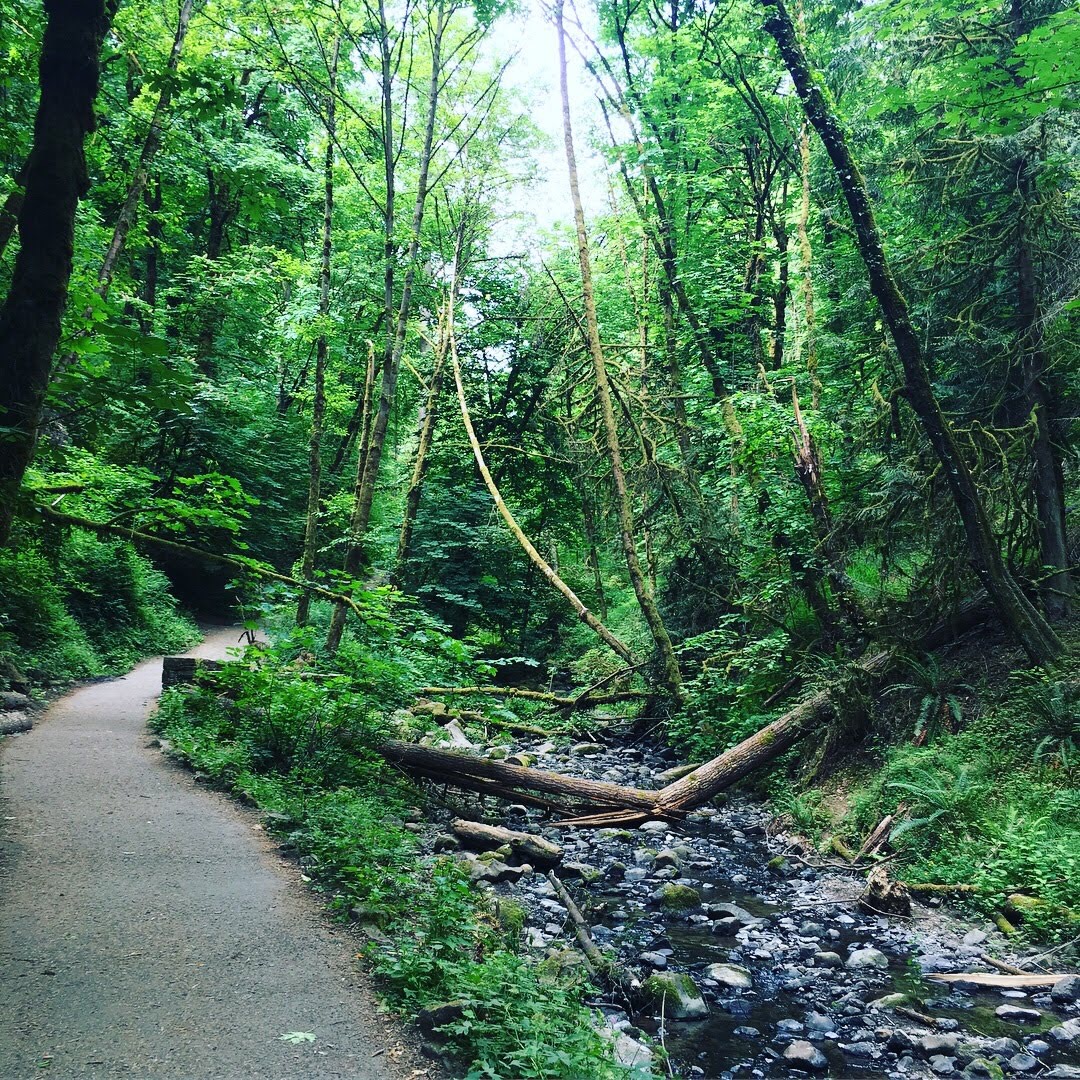2020 Winter Institute Pre and Post Workshops & ActivitiesTo enhance your Institute experience, we’re offering some exceptional, hands-on workshops for those who can travel on Monday, January 20. Additionally, we’re offering low-cost pre- and post-institute social/outdoor activities that will help you engage even more deeply with Portland and the region. Click on the link in titles of the workshops to navigate to the specific description with the details.
 Risk Management for School Administrators: Tools for Assessing and Managing Social and Emotional Risk
Beginning the Climb Toward Equity
This workshop has been cancelled Time and Cost: 9:00 am - 12:00 pm Cost: $150
Facilitator: Aparna Rajagopal, J.D., The Avarna Group Audience: This workshop is beneficial for school leaders interested in further deepening their school's risk management practices. This will focus especially on understanding how institutional bias impacts risk management and how to overcome those biases. Workshop Description: Participants will gain an understanding of how to apply existing risk management frameworks and tools to assess institutional bias in their own programs, as well as a detailed toolkit of ways they can structurally mitigate bias. Through relevant context, engaging activities and resources for continuing the process, "Beginning the Climb" will engage participants in practice, self-awareness, critical analysis, more practice, and resources for further education as we guide them further along in the creation of equitable and culturally competent experiential learning environments and outdoor experiences. Our workshop will begin with a quick overview of how bias may manifest in our individual interactions and our institutional structures throughout a program participant's engagement with our organizations: from when they fill out intake forms to medical screening to orientation, gear, rations, lodging, and tent/lodging policies, program structure, curriculum, and risk management (this will cover salient tips from the Avarna toolkit "Inclusion Tips for Outdoor and Program Field Staff" available online). Participants will then utilize the bull's eye risk management framework to assess institutional bias in their own organization through a set of intentionally crafted scenarios. School leaders will come away with risk management tools for equitable experiential learning programs.
Learning to Listen: Designing an Ethical Global Program Time and Cost: 9:00 am - 12:00 pm Cost: $150 Facilitators: Christen Clougherty, Executive Director of the Nobis Project in collaboration with Rethinking Orphanages, 9:00 am - 12:00 pm Cost: $150 Audience: This workshop is ideal for those looking to deepen their understanding of simulation education, problem-based learning, and community engagement. 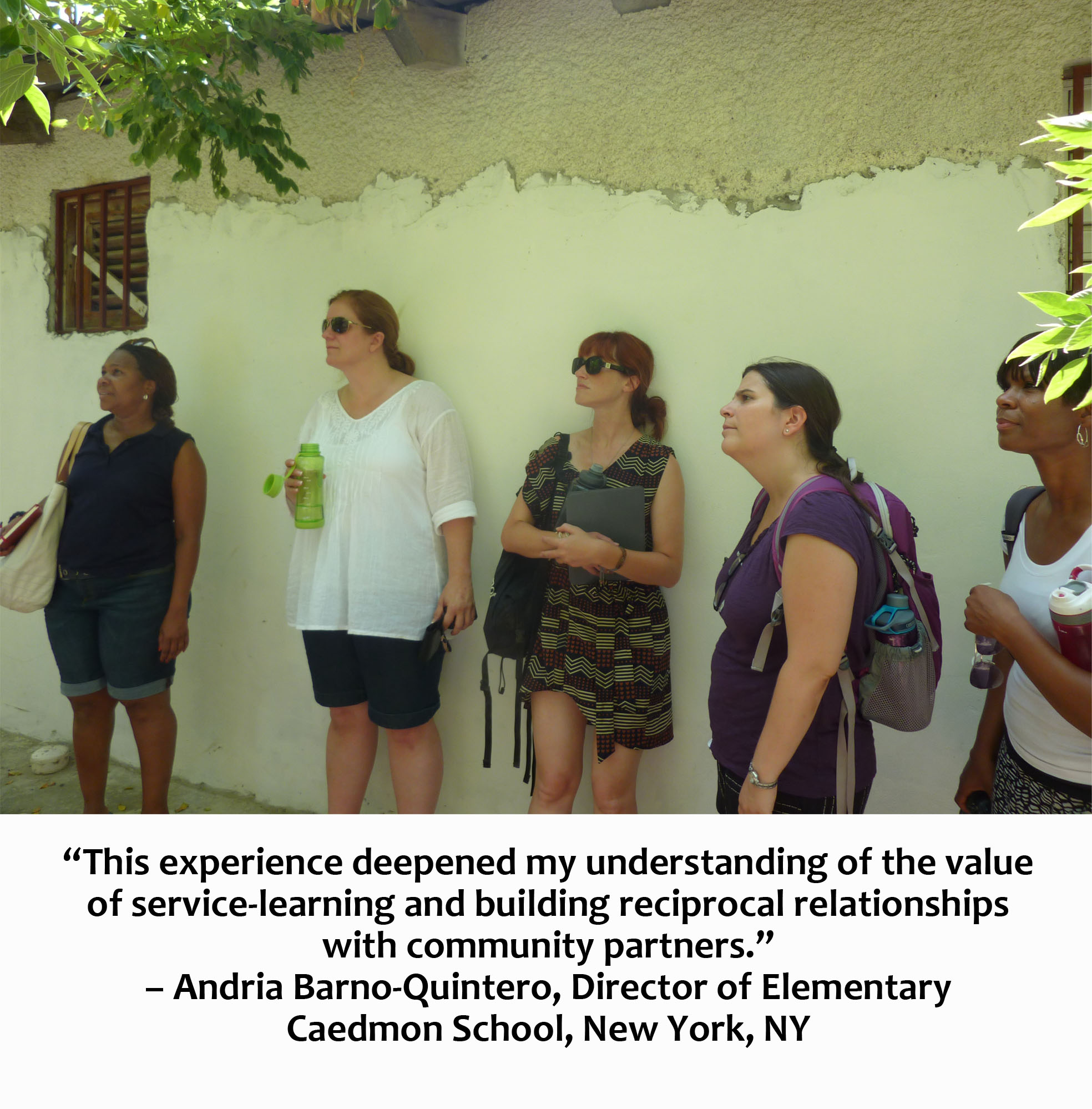 About the Facilitator:
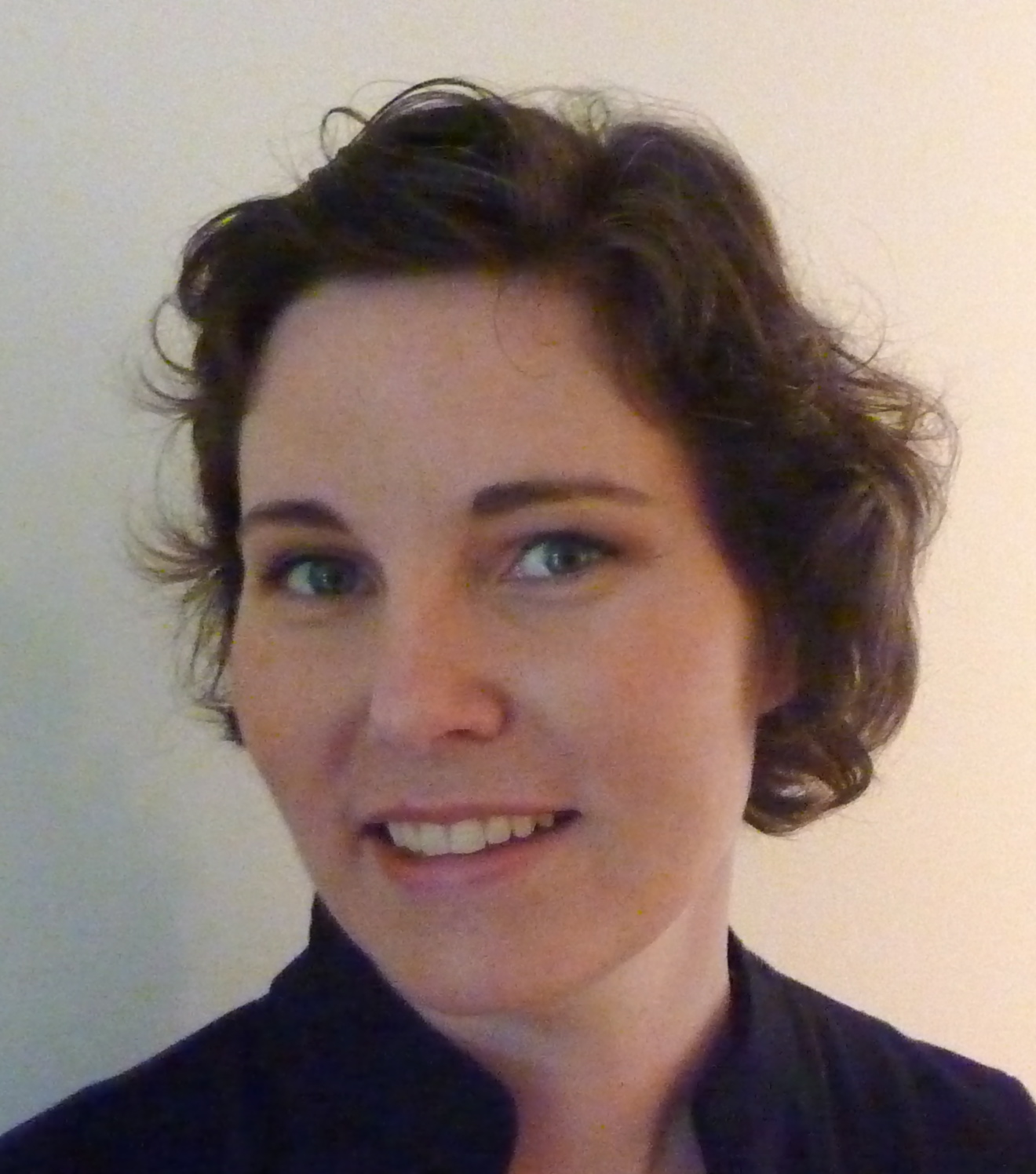 Christen Clougherty is the Founder and Executive Director of the Nobis Project, a non-profit educational support organization that focuses on developing educators’ capacity to foster reciprocal and meaningful community partnerships, build cultural responsive classrooms, and promote a social justice approach to global service-learning. Christen has over twenty years of experience as an educator and administrator in community organizations, K-12 public, charter, and independent schools, and colleges/universities. Her honors include recognition as a National Emerging Scholar for K-12 Service-Learning Research (2008 and 2009) by the National Service-Learning Partnership at the Academy for Educational Development.
Both, And! Engaging Socioecological Justice in Experiential Education Time and Cost: 9:00 am - 12:00 pm Cost: $150 Facilitators: Danny Frank, Assistant Professor of Outdoor Education, Northland College, Ashland, WI. Audience: This workshop will appeal broadly to exploring how social justice is more deeply involved in experiential education, especially how it intersects with outdoor education.
Workshop Description: Are you torn between curricular priorities of social justice and environmental connectedness? Do you sometimes feel there isn’t time for both? Do you want to learn new ways to more effectively mesh these topics in your work? This workshop is for you! This session provides tools for blending social justice and environmental connectedness through a socioecological lens. Participants will create a detailed road map for building more inclusive, socially just, and ecologically grounded programming in a wide variety of experiential education settings.
Background: For decades, experiential education scholars and practitioners have called for increased attention to issues of social justice and environmental stewardship in our field. Often, these critical topics are addressed in isolation from one another, which leads to an either/or sensibility about the existence of issues related to society and the environment. Recently, as evidenced by Bowers (2002, 2003), Furman & Gruenewald (2004), Wattchow & Brow (2011), Wattchow, et. al (2014), there is an increased call for educators to embrace the interconnectedness of society and ecology, in order to stem the tides of social injustice and environmental degradation that threaten our world. This workshop is significant in providing a detailed road map through the nexus of these crucial ideals.
Specifics: This workshop will equip participants with tools for integrating socioecological theoretical perspectives and pedagogical practices into their programmatic design and teaching. This workshop will be highly interactive and involve small group and individual work time. Intended learning outcomes are as follows:
About the Facilitator:
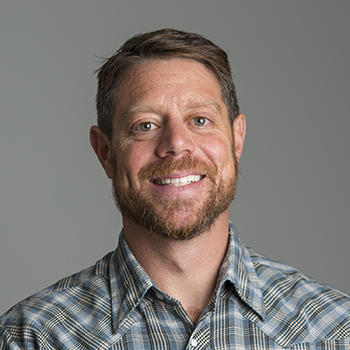 Danny Frank is an Assistant Professor of Outdoor Education at Northland College in Ashland, WI. He holds an Ed.D. in Global Indigenous Teaching & Learning from the University of Minnesota Duluth, and holds MA and BA degrees from Prescott College. Danny has worked in both expeditionary and site-based outdoor adventure settings, particularly higher education and in therapeutic and behavioral contexts with at-risk adolescents. Throughout his life and career, he has gained a deep understanding of the inter/intra-personal, institutional, and systemic constructs that marginalize certain social groups and perpetuate social inequities in the United States. Danny has facilitated training for program staff, administrators, university faculty and staff, and undergraduate and graduate students in areas of intercultural competency development, dynamics of privilege and marginalization, and social justice curriculum integration. Danny’s doctoral research examined the extent to which faculty in outdoor education enact socioecological principles in their curriculum and pedagogy. He has also served on and chaired several institutional and community boards focused on social justice. Perhaps most importantly, Danny is also a proud father and avid adventurer.  Curricular Design for Exploring Head, Heart and Hand Learning in Schools
Time and Cost: 9:00 am - 12:00 pm Cost: $150
Facilitators: Ross Wehner, Founder of World Leadership School and Erin Hawk, Executive Director, World Leadership School
Audience: This workshop is beneficial for influencers, thought leaders and experiential educators who are interested in exploring how to accelerate meaningful, world-connected learning in their school.
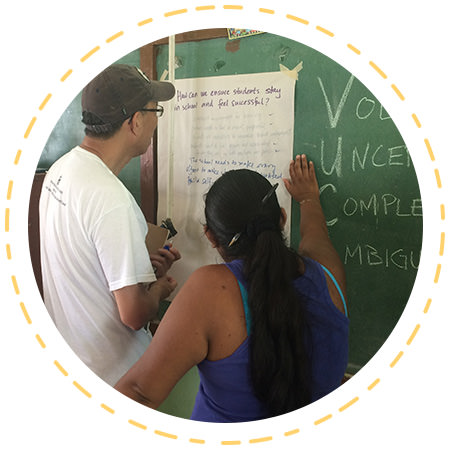 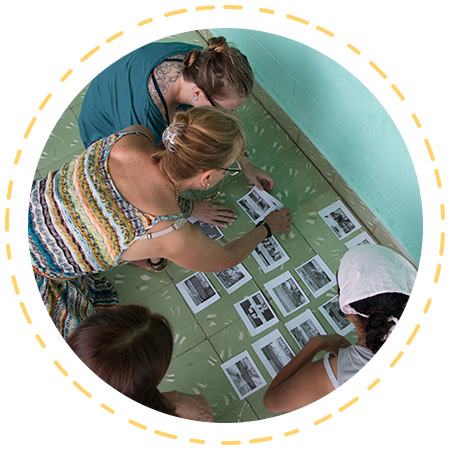 Workshop Description: In this workshop, we will begin by exploring the future of K-12 learning. In particular, we will explore the idea that learning in the past has been mainly about thinking, or helping students develop key cognitive skills and content knowledge. We will explore a framework of learning called Purpose Learning, which is the idea of learning as thinking, feeling and doing, all at the same time. At the intersection of these three domains, students have the opportunity to develop both a deep sense of self and solid connections to the world. In other words, students can explore their unique purpose in life. We will examine case studies of both independent and charter schools which are pioneering new forms of Purpose Learning, and how they are measuring their impact on both students and the communities they serve.
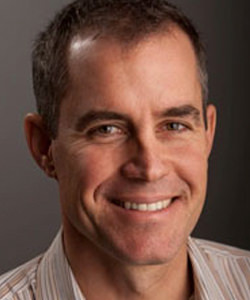 About the Facilitators: About the Facilitators: Ross Wehner is the Founder of World Leadership School, the mission of which is to “partner with K-12 schools to reimagine learning and create tomorrow’s leaders.” Ross Wehner began his career working as a journalist in Latin America in the 1990s, during which time he wrote about the end of Chile’s Pinochet regime, the sweep of democracy across the region and problems such as human rights, climate change, and poverty. Ross went onto work as a classroom teacher and instructor for the National Outdoor Leadership School. His focus is on helping K-12 schools make the cultural shift towards authentic global education and leadership programs that help prepare students for a volatile and fast-changing world.
4T Trail Urban Hike Time and Cost: 9:30 am - 2:30 pm Facilitators: Cris Harris from Hawken School, 9:30 am - 2:30 pm Activity Description: The 4T Trail is a unique and super fun way to see how the city and nature merge in Portland. And you get to do it all by the city’s means of getting around that start with “T”: train, trail, tram, trolley. In total, you’ll be walking about 2.5 miles throughout the 4-hour(ish) tour in between various transit rides. This tour has it all! Views of the city, views of mountains (well, with clear skies you’ll see mountains), parks and many many green spaces, and a thriving city center. In the middle of it all, we’ll stop for lunch at a delicious Portland establishment and we’ll make it back to the Benson by mid-afternoon.
Friday, January 24 - Post-Institute Workshops & Activities Forest Park Hike Time and Cost: Meet at 2:30 pm. Meeting Location: Lower Macleay Park ( ~10-15 minute car ride; ~30 min bus ride on the 15 bus; ~1-hour walk from the Benson). We’ll arrange for anyone who wants to rideshare to meet in the lobby. Workshop Description: As one of the largest urban forests in the country, Portland’s Forest Park is definitely worth making the effort to get there, even if for a short stroll. In order to make that possible for folks, we’ll have a group of folks heading out on a short hike after the Institute concludes. There’s no cost to this hike or registration, but we wanted to make sure you know this opportunity will be there! We’ll have some local Portlanders leading the way.
Activity Description: Please join us at Loyal Legion Beer Hall to experience some delicious local brews and tasty food. We received quite a few RSVPS, so we extended the Happy Hour time (starts at 3pm now!). It gets quite busy on Friday afternoons, so if you want to definitely have a seat, we recommend getting there early and ordering food on the earlier end.
Saturday, January 25, to Sunday, January 26 - Post-Institute Workshops & Activities 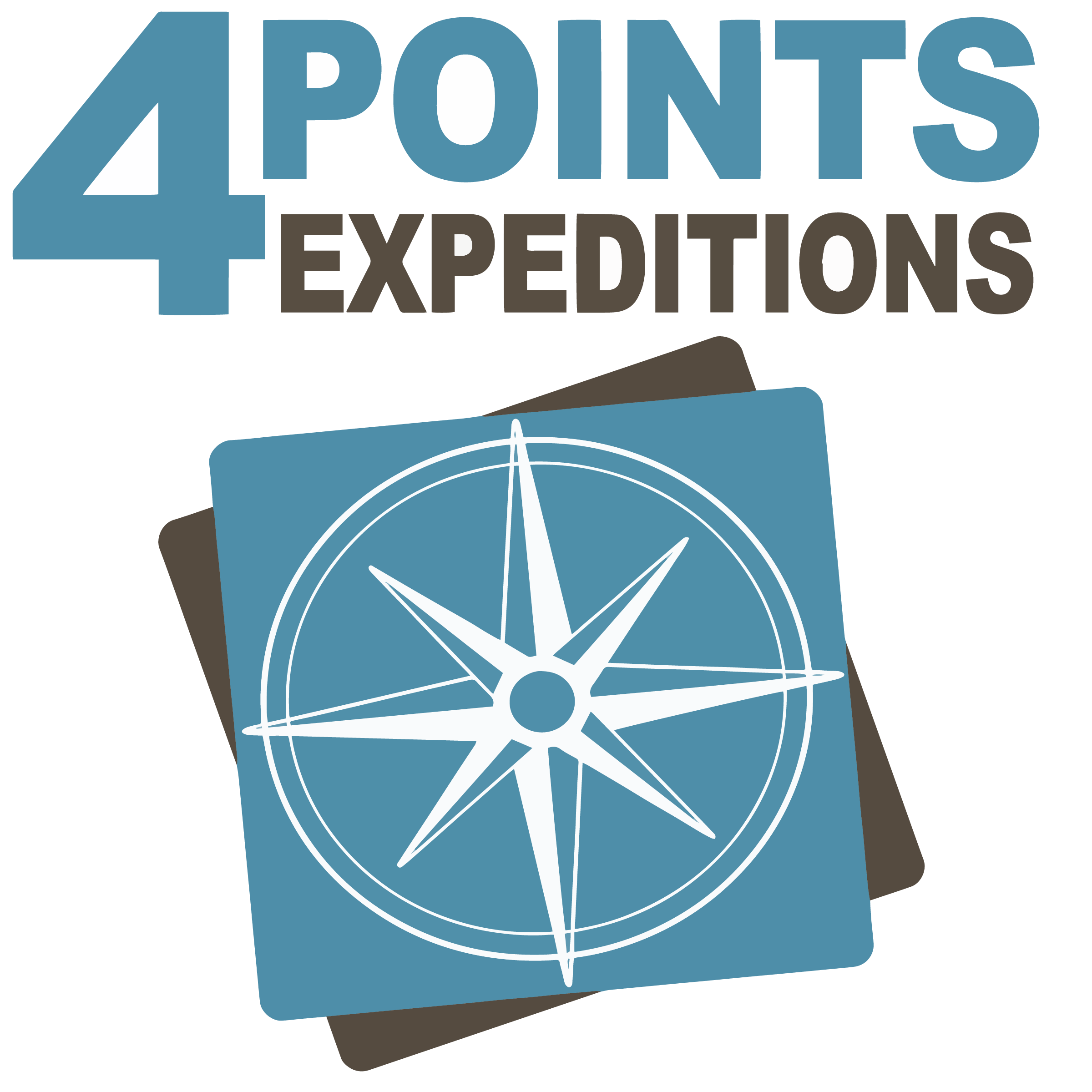 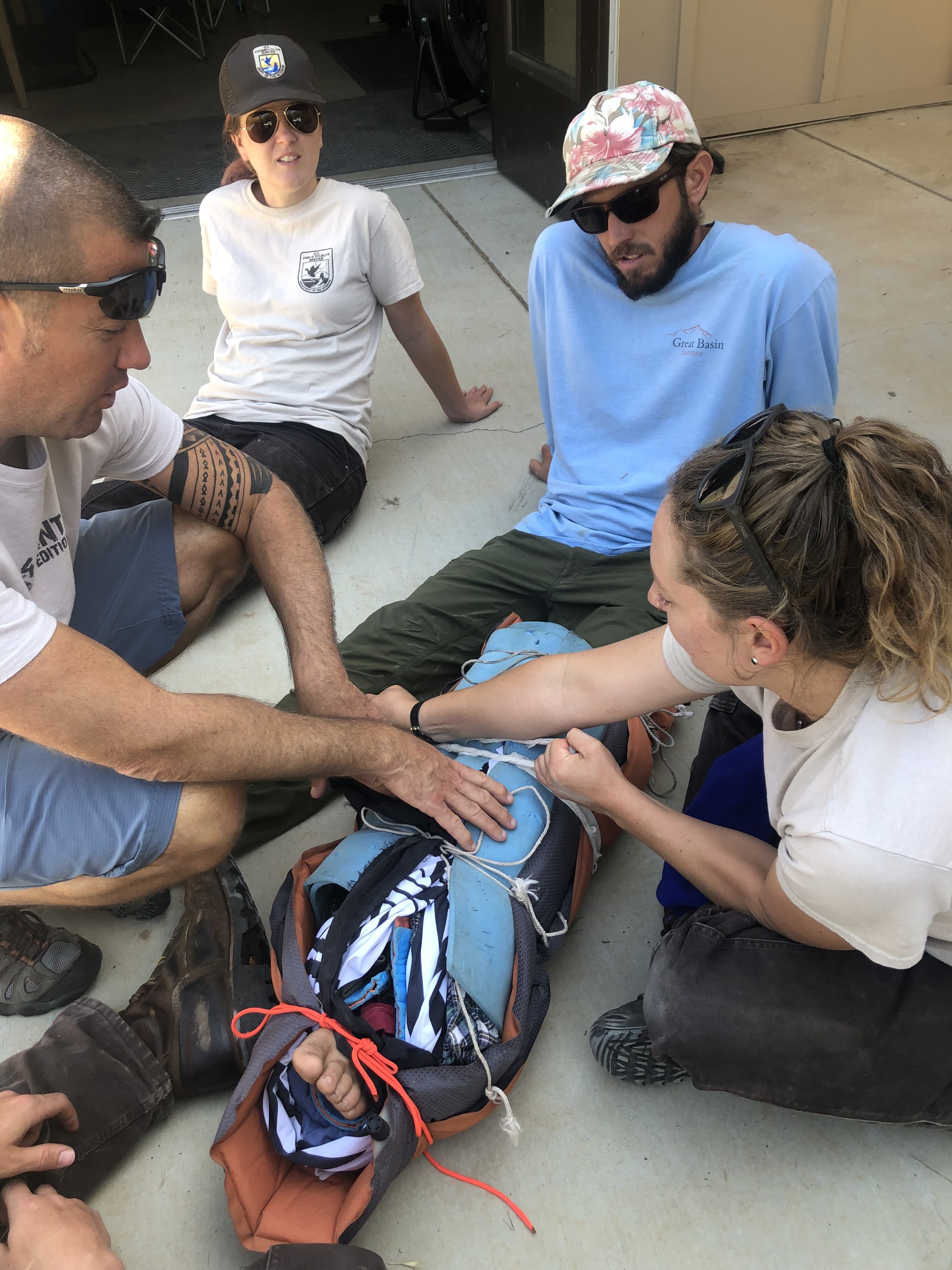 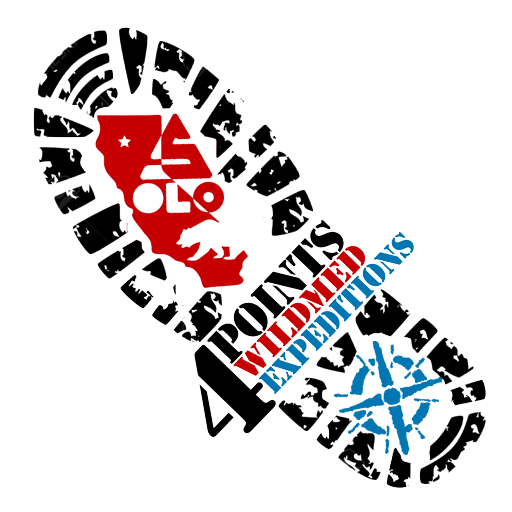 Post-Institute Wilderness First Aid (WFA) Training
This workshop has been cancelled Dates and Times: Sat, Jan 25, 9:30 am-5:30 pm; Sun, Jan 26 9:00 am-3:30 pm
Cost: $200 (+$30 for CPR) Location: Oregon Episcopal School Workshop Description: This two-day training utilizes a mix of class sessions, hands-on practice and emergency scenarios to teach you how to do the following:
This is a great way to get your WFA training in after attending the ISEEN Institute! You will receive SOLO WFA certification valid for 2 years. Participants have three options for the workshop and will select their track during the enrollment form: 1) WFA only, 2) WFA + CPR certification, 3) Wilderness First Responder recertification. About the Facilitator: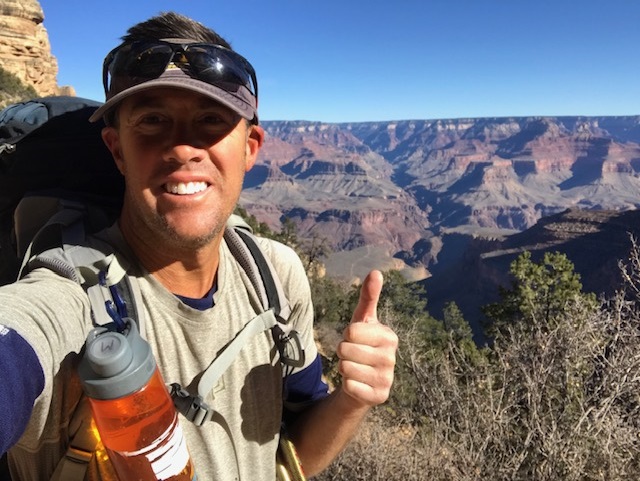 Matt May is the Founder and CEO of 4Points Expeditions. He is a retired Southern California Firefighter and a State of California and National Registry Paramedic. Matt is a graduate of The University of Michigan and The University of Edinburgh where he received a degree in outdoor education. He has a long history in the emergency medical training and outdoor expedition industries. Matt is a professional backcountry guide and certified medical trainer. He runs a variety of courses for trainers as well. Matt May is the Founder and CEO of 4Points Expeditions. He is a retired Southern California Firefighter and a State of California and National Registry Paramedic. Matt is a graduate of The University of Michigan and The University of Edinburgh where he received a degree in outdoor education. He has a long history in the emergency medical training and outdoor expedition industries. Matt is a professional backcountry guide and certified medical trainer. He runs a variety of courses for trainers as well. Additional Notes: At least a portion of the course will be outside, attendees should be prepared for cold, rainy Portland weather. Attendees should also bring a day-pack for supplies and should bring your own supplies as well. |

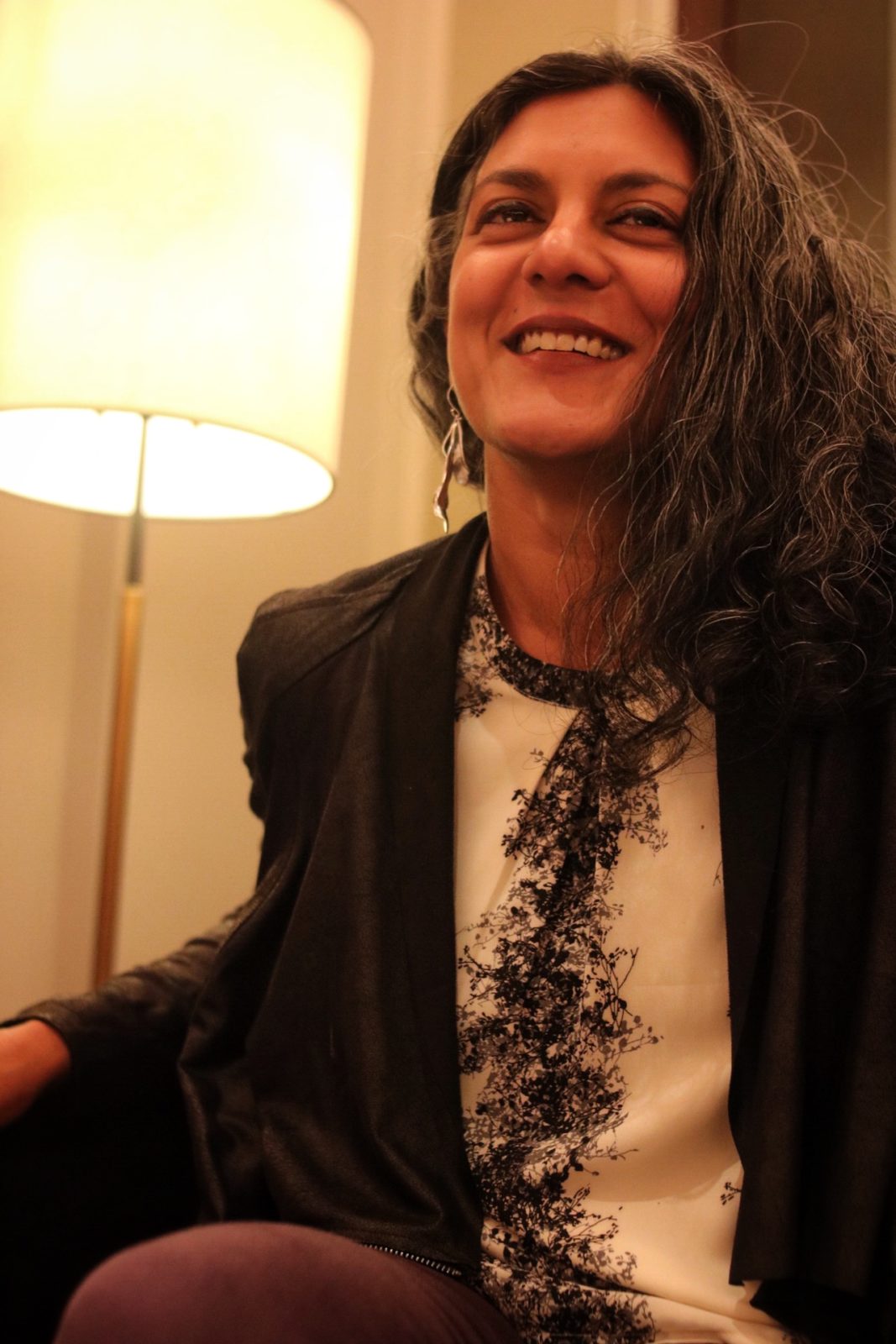 About the Facilitator:
About the Facilitator: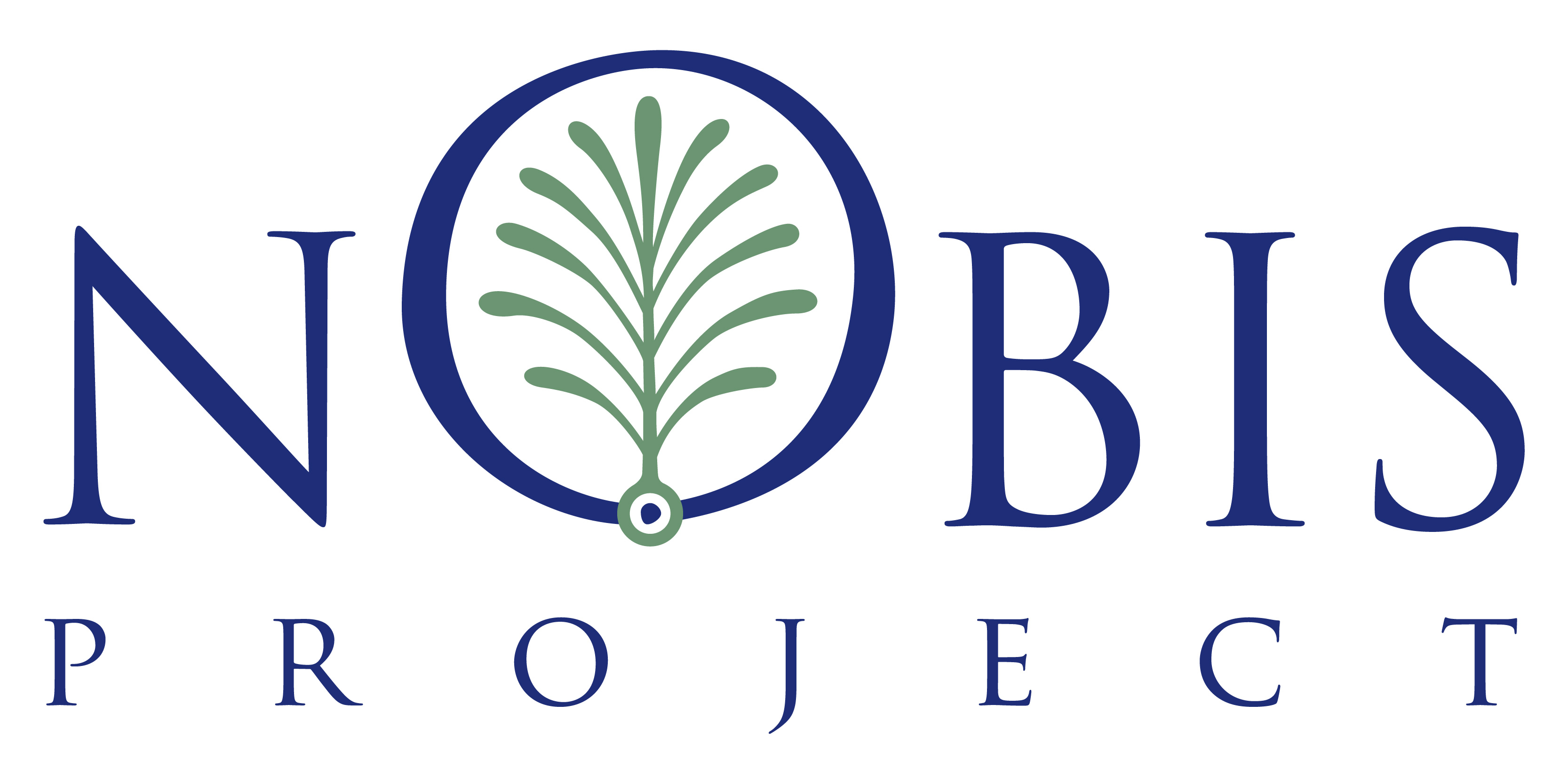
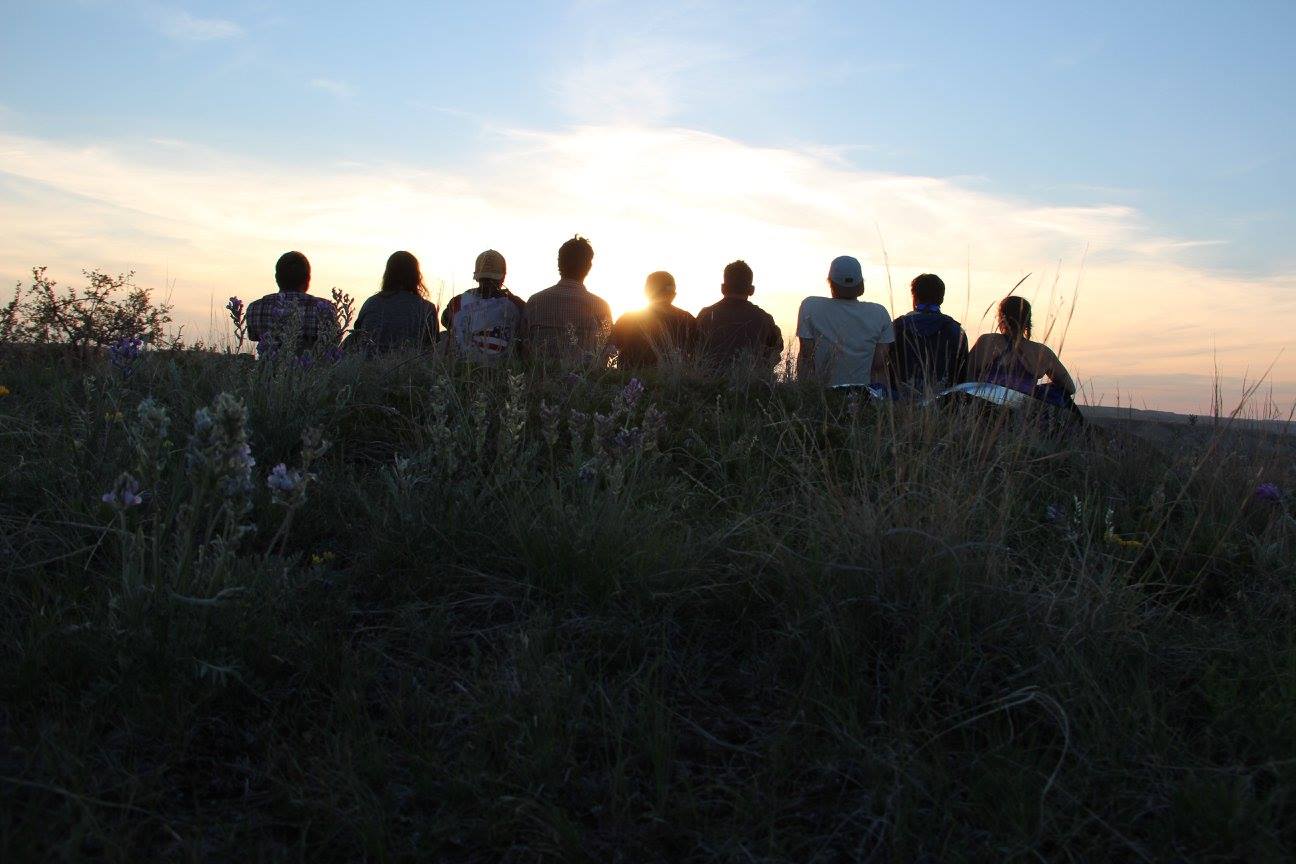
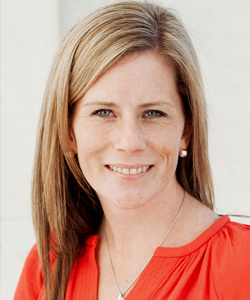 Erin Hawk
Erin Hawk
